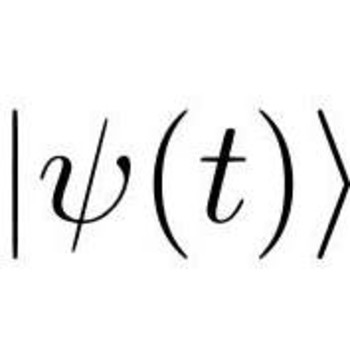How do you differentiate # y =sqrt( x + sqrtx )# using the chain rule?
2 Answers
I get
Explanation:
We are given:
The chain rule states that
So, we let
Now, we differentiate both.
So,
Reversing the substitution that
Explanation:
For the chain rule we have:
Re-writing
Letting:
We now have:
Using the chain rule:
Substituting:
Simplifying:


